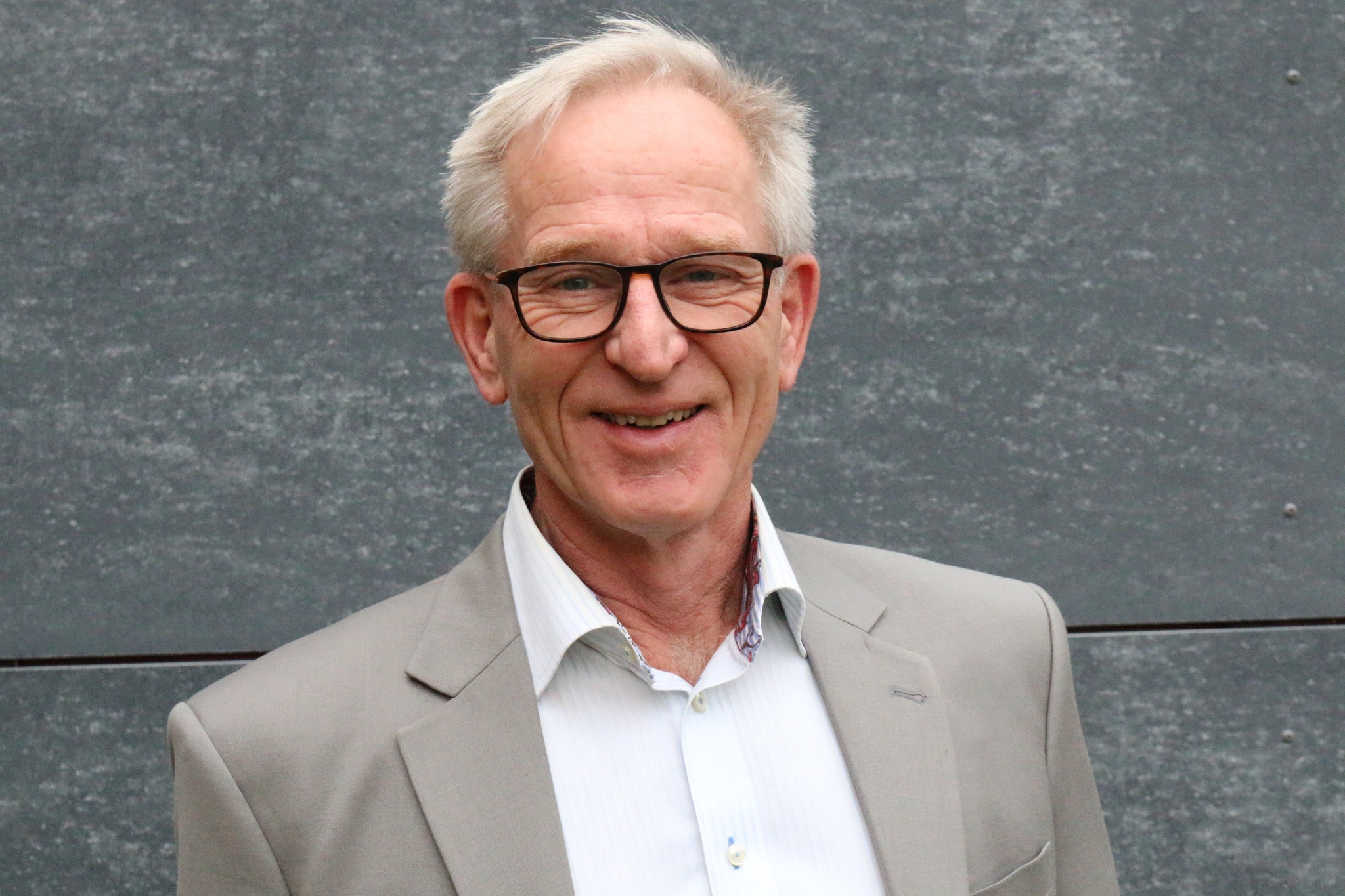Thesis: Learning teamwork is not an event; It’s a journey. Implementing the TEAMSTEPPS® team training program in bachelor of nursing education to enhance patient safety

Karlsen's thesis addresses the need to implement team training in a Bachelor of Nursing education to enhance patient safety. The thesis aimed to implement an evidence-based team training program, TeamSTEPPS, within a bachelor of nursing education in all relevant learning activities for 26 months. Attitudes toward teamwork increased significantly from the start of the team training to ten months and from baseline to 24 months. Students initially experienced team training as complex and theoretical. However, team training gradually increased their awareness that the practical application of teamwork skills facilitates the sense of being a team member while also enhancing learning, the sense of belonging to a team, and patient safety in clinical practice. Tore Karlsen defended his thesis at the Faculty of Medicine and Health Sciences (NTNU) on the 4th of November, 2022.
This thesis is based on three studies using quantitative and qualitative methods. The first study investigated the validity and reliability of the Norwegian version of the Teamwork Attitudes Questionnaire (T-TAQ) when used in a sample of nursing students (n = 509). Data were analyzed via confirmatory factor analysis. In the second and third studies, a team training intervention was conducted in a cohort of nursing students over 26 months. Study two measured attitudes to teamwork were measured using the T-TAQ at baseline (T0) and after the passage of 10 months (T1) and 24 months (T2) in the intervention and control groups. A total of 295 students participated. Data were analyzed using inferential and descriptive statistics. Study three used focus group interviews with 22 students to examine the students' team training experiences and their use of teamwork skills in practice. Data were analyzed via inductive content analysis.
The results showed that the Norwegian version of the T-TAQ has some potential to display reliable and valid answers when used in a sample of nursing students. Nursing students who participated in the team training showed significantly positive attitudinal changes concerning teamwork. Students initially experienced team training as complex and theoretical. However, team training gradually increased their awareness that the practical application of teamwork skills facilitates the sense of being a team member while also enhancing learning and patient safety in clinical practice.
The Norwegian version of the T-TAQ is recommended to be considered unidimensional when used in a sample of nursing students. Team training positively affects students' attitudes toward teamwork. However, grasping the principles of teamwork and the relevance of team training requires repeated training. Using teamwork skills enhances students' experiences of belonging to a team, and enhances learning and patient safety in clinical placements. Team training should be an integrated part of the bachelor of the nursing program to enhance patient
Tore Karlsen (64) was born in Drammen and now lives in Gjøvik. He is an Intensive Care nurse with a Master's degree in advanced clinical nursing from Gjøvik University College in 2010. He is an associate professor at the Institute of Health Sciences in Gjøvik.
Main Supervisor:
Associate Professor Randi Ballangrud, NTNU, Department of Health Science in Gjøvik
Co-supervisors:
Professor Marie Louise Hall-Lord, NTNU, Department of Health Science in Gjøvik and Karlstad University, Sweden.
Professor Sigrid Wangensteen, NTNU, Department of Health Science in Gjøvik
